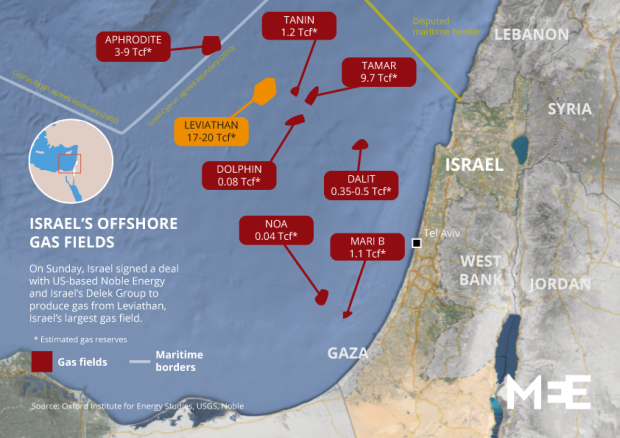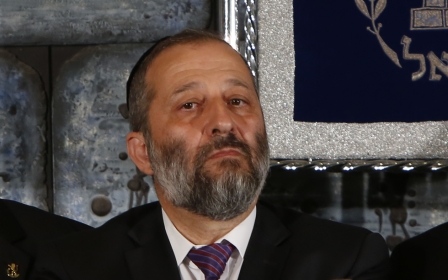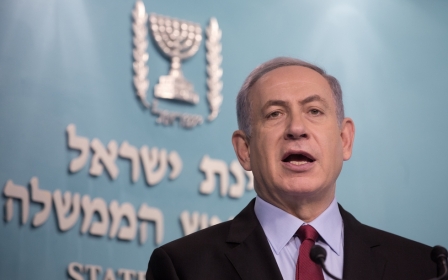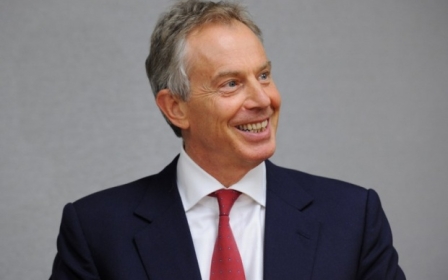Thousands protest against Israeli gas deal
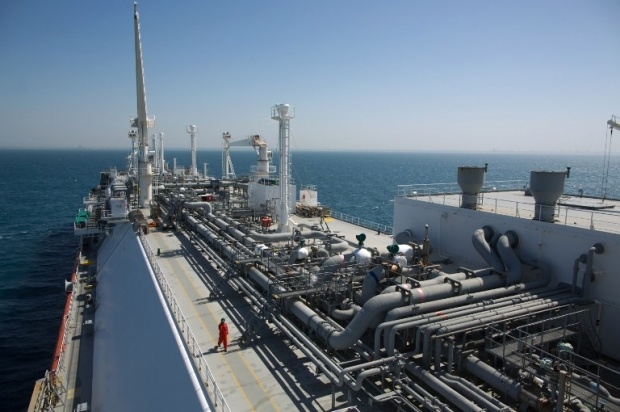
Thousands of Israelis took to the streets across four major cities on Saturday night to protest the impending approval of a multibillion dollar gas deal with US energy giant Noble Energy.
Protesters in Haifa, Tel Aviv, Jerusalem and Beersheba held signs that say "gas theft", waving Israeli flags and chanting, "This is our gas".
Police pushed back demonstrators in Tel Aviv after attempting to block the traffic on a major artery.
Police said approximately 4,000 people participated in the demonstration, which follows resignation of Economy Minister Aryeh Deri last Sunday.
Critics of the gas deal say authorities would hand Noble and its Israeli partner Delek an effective monopoly over the state's natural gas reserves.
A major deal to exploit offshore gas reserves in the eastern Mediterranean has been stuck for almost a year due to the objection of the anti-trust authority and former minister Deri's refusal to overrule it.
Prime Minister Benjamin Netanyahu assumed control over the economy ministry and said he would press ahead with the deal.
Israel has been trying to extract offshore gas since the discovery of the Tamar and Leviathan fields in 2009 and 2010. While extraction has begun in Tamar, the far larger Leviathan has been hit by a series of bureaucratic delays.
Dov Khenin, a member of parliament with the Arab Joint List who participated in the Haifa rally, warned that the agreement would corrupt the government, which would be subject to Noble and Delek's control.
The agreement would "gift away our natural resources to tycoons," he said.
"This struggle is not only economic and social, but also over democracy, since there can be no democracy under the rule of money," Khenin noted.
Middle East Eye propose une couverture et une analyse indépendantes et incomparables du Moyen-Orient, de l’Afrique du Nord et d’autres régions du monde. Pour en savoir plus sur la reprise de ce contenu et les frais qui s’appliquent, veuillez remplir ce formulaire [en anglais]. Pour en savoir plus sur MEE, cliquez ici [en anglais].


